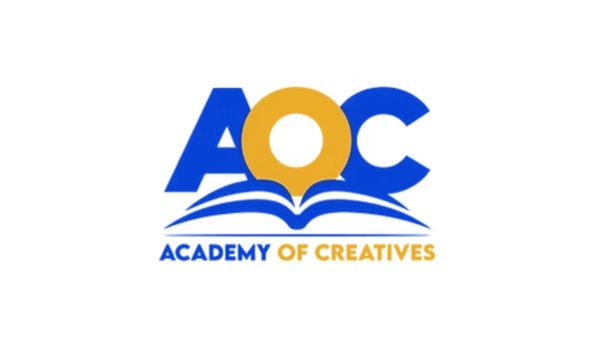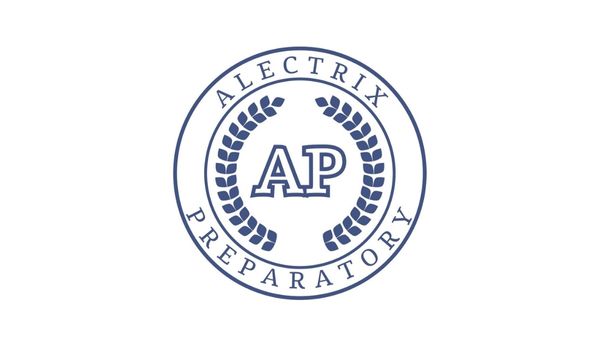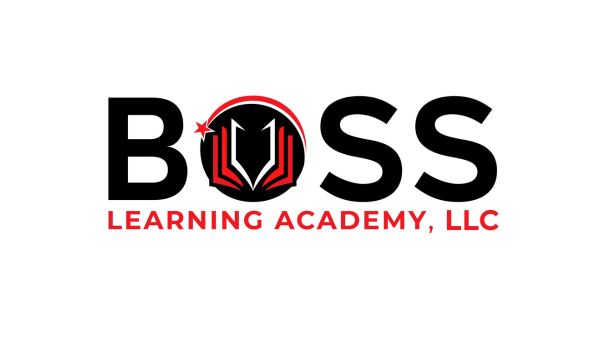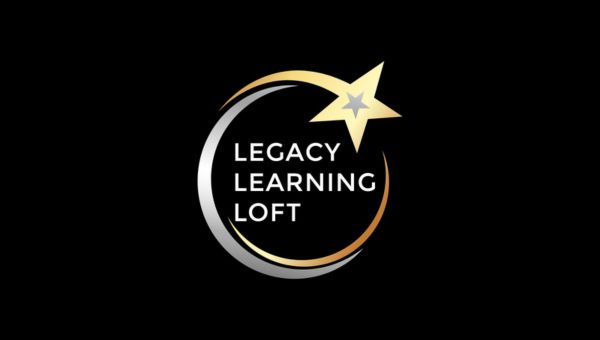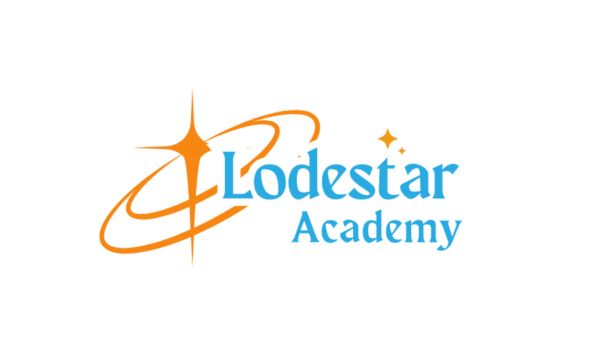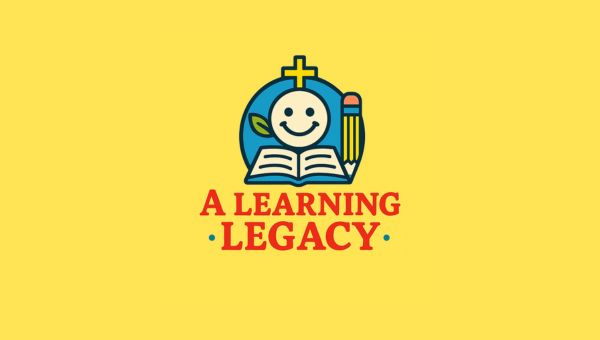Microschools in Georgia
Could a Microschool Be Right for Your Family?
Microschools are small, supportive school communities led by caring educators who make learning personal.
✅ Inviting school spaces where kids develop a love for learning
✅ Inspiring educators who guide and motivate each student
✅ Learning that fits each child’s needs and strengths
✅ A welcoming community where kids feel connected

Why More Georgia Families Are Choosing Microschools
Georgia microschools provide flexible, student-centered learning is based on each child’s needs and interests. Is your student ready for a more personal learning experience?
Homeschool & Online Students
Georgia families are redefining education through homeschool, hybrid, and online learning options. Microschools provide the structure students need, the support families want, and a strong sense of community, all while preserving the flexibility that fits their lives.
Non-Traditional Learners
Microschools in Georgia offer neurodiverse learners a supportive, flexible environment that meets their needs. Families may also qualify for the state's special needs scholarship, making microschools an accessible alternative for students who thrive in a non-traditional learning setting.
Public & Private School Students
Microschools offer a middle ground between homeschool and traditional schools. With smaller class sizes and more individualized attention, microschools offer a great option for students looking for a different approach to education.
Microschools in Georgia
Browse our map of Georgia microschools to find a location near you.
We’re constantly adding new microschools.
Sign up for updates using the form below.
Sorry, unable to load the Maps API.
Are Microschools in Georgia Eligible for the Georgia Promise Scholarship?
Microschools in Georgia may be eligible for the Georgia Promise Scholarship. This program provides families with an education savings account (ESA) to help cover school-related costs. To qualify, microschools must be accredited by a recognized agency and choose to participate. The funds can be used for tuition, books, tutoring, therapies, and even transportation to a participating school. Families should check with their chosen microschool to make sure it meets the program’s requirements and is willing to accept the ESA funds.
In addition to the Georgia Promise Scholarship, families with students who have special needs may qualify for the Georgia Special Needs Scholarship. This program allows parents to use state funding for their child’s education at private schools, including microschools. Similar to the Promise Scholarship, this program helps cover tuition and other education-related expenses. Families interested in the Special Needs Scholarship should confirm the eligibility of the microschool.
Georgia Microschools vs. Traditional Schools
Microschools in Georgia offer unique opportunities that extend beyond the classroom, with flexible, hands-on learning experiences that connect students to their local communities. Whether it’s working on conservation projects along Georgia’s coastal beaches, exploring the natural beauty of the Blue Ridge Mountains, or learning about the state’s rich history through visits to historic sites like Savannah’s landmarks or the Martin Luther King Jr. National Historical Park, microschools provide immersive education that ties students to the heart of Georgia.
Here’s how microschools in Georgia stack up against public and private schools:
Microschools in Georgia
Small classes for personalized attention: Students receive more one-on-one time with instructors, allowing them to focus on their strengths and grow in a supportive environment.
Flexible schedules: Many microschools offer hybrid or part-time options, letting families design schedules that best fit their needs.
Community-driven learning: With a focus on collaboration, students engage in meaningful projects, like environmental cleanups or internships with local businesses, giving them hands-on, real-world experience.
Interest-based curriculum: Students explore subjects that resonate with them, integrating learning with real-world applications.
School Choice Funding: Georgia families may have access to funding through state scholarships and school choice programs, making microschool tuition more affordable.
Flexible enrollment: Students can register as homeschoolers or private school students, depending on the microschool’s structure.
Ideal for personalized support: Great for families seeking a more intimate and flexible education option.
Public & Private Schools in Georgia
Larger class sizes: Public and private schools often have larger classes, making it harder for students to get individualized attention.
Fixed schedules: Most traditional schools follow a rigid schedule, which may not always fit the needs of every student or family.
Less community-focused: Larger schools can feel impersonal, with fewer opportunities for hands-on or experiential learning.
Standardized curriculum: Students follow a set curriculum based on their grade level, with less flexibility for personalized or interest-based exploration.
Tuition-free public schools: Public schools are tuition-free, while private schools may have tuition fees and financial aid options.
Standard enrollment: Students register as full-time learners with their public or private school, adhering to established requirements.
Best for traditional education: Ideal for families who prefer a structured, traditional education model with clear expectations.
Frequently Asked Questions
What is a microschool?
A microschool is a small, student-centered community where educators design learning around each student’s needs. Typically, these schools have small class sizes, creating a more personal school environment. Microschools often offer hybrid school options with flexible schedules and curriculum offerings.
People often compare microschools to the one-room schoolhouses you’d find in early rural America. They can also be described as a mix between homeschooling and traditional school, combining the best of both worlds.
How do I enroll my child in a microschool in Georgia?
Enrollment typically involves reaching out to the microschool directly. Each microschool may have a slightly different process, but it’s usually a simple and direct process. Many schools also offer tours or introductory meetings so you can find the right fit for your child.
Can I use ESA funding or scholarship for a microschool in Georgia?
In Georgia, you may be able to use scholarships or Educational Savings Account (ESA) funds to help pay for a microschool, depending on your child’s and school’s eligibility.
Georgia Promise Scholarship
The Georgia Promise Scholarship Act is an education savings account program designed for low- and middle-income students in low-performing schools. If your child qualifies, you can use the scholarship for private school tuition, including at accredited microschools that are recognized as private schools. Some microschools may offer tutoring or homeschooling support but are not classified as private schools, so it’s important to check with the school to confirm eligibility.
Georgia Special Needs Scholarship
The Georgia Special Needs Scholarship is available for students with an Individualized Education Plan (IEP) or a 504 Plan. If your child qualifies, you can use the scholarship to pay for tuition at participating private schools, including microschools.
What types of students benefit from microschools?
Georgia microschools are perfect for a variety of students. Homeschoolers and online learners can find the community, structure, and enrichment they need to enhance their programs, with the added benefit of personalized attention and flexible schedules. Non-traditional learners—like gifted students, those with unique learning needs, or English language learners—thrive in the hands-on, self-paced environment that microschools offer. For families seeking alternatives to traditional public or private schools, microschools provide a supportive, low-stress setting where students can gain confidence and progress at their own pace.
What is behind the growth of microschools in Georgia?
The growth of microschools in Georgia is driven by several factors. Many families are looking for smaller, more personalized learning environments that better meet their children’s needs, especially for those who may not do well in traditional schools.
Microschools also offer flexible schedules and innovative teaching methods, making them a popular choice for families seeking alternatives. Microschools focus on community involvement, which helps create strong connections between students, teachers, and local values.
Supportive state laws, like the Learning Pods Protection Act, have made it easier for microschools to operate, encouraging their growth.
